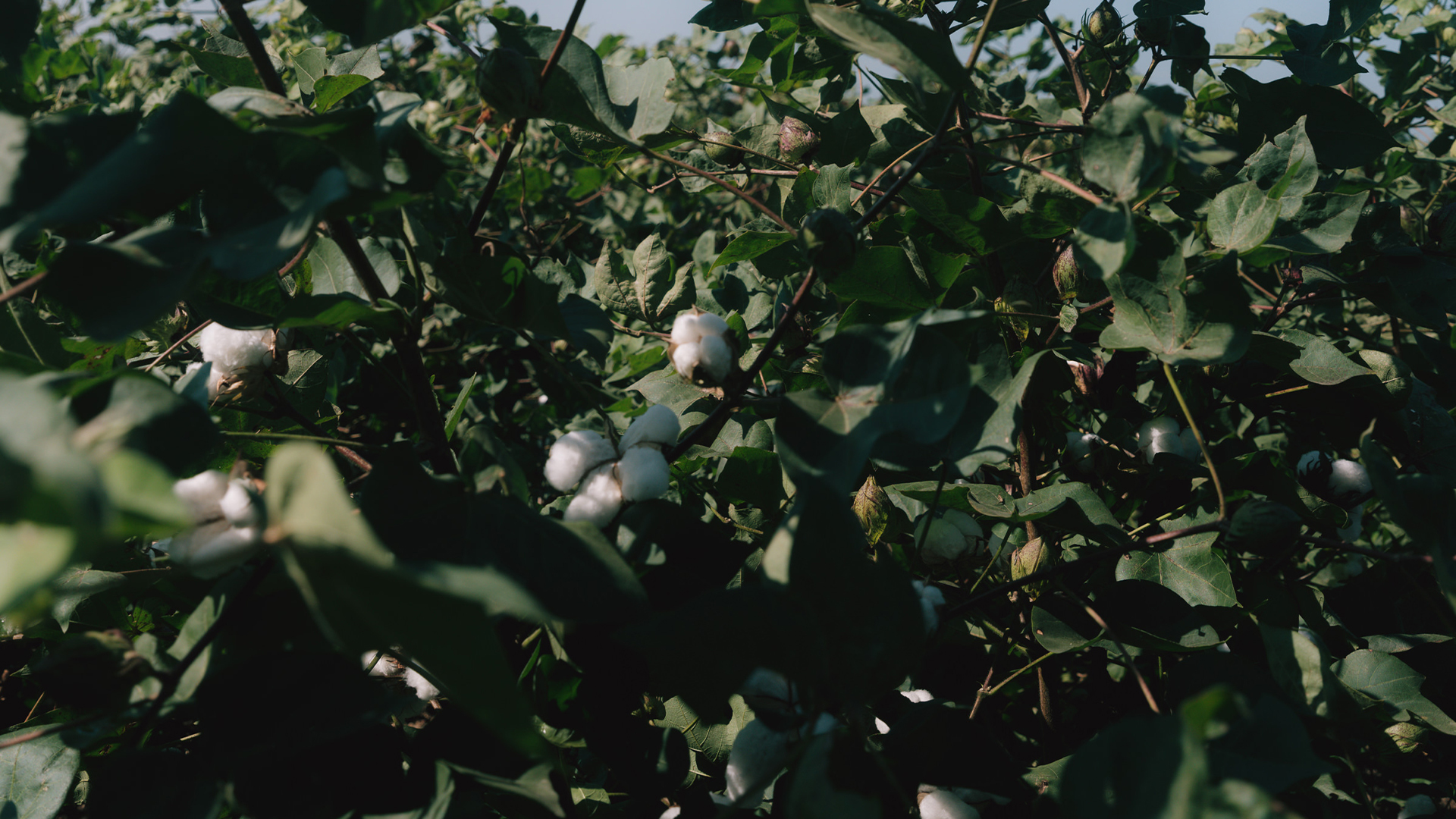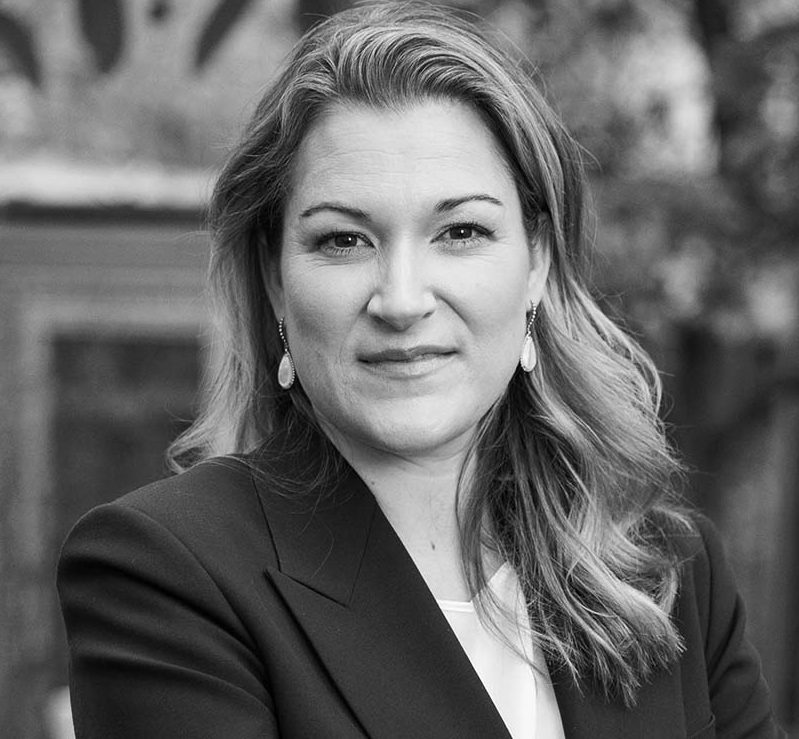Cutting edge collective financing mechanism to decarbonise cotton production announces pilot results and plans to scale


- The Unlock Programme – designed to decarbonise cotton production and catalyse the shift to regenerative farming – has announced initial results from its pilot phase
- The unique, certification-agnostic system offers an innovative model for cross-industry collaboration across a range of brands and cotton organisations to deliver a new, credible incentive for farmers in place of offsets or LCA mechanisms – while promoting solutions to agricultural decarbonisation that are inclusive of Global South actors
- Pilot activities for 2023 have resulted in between 200 and 600 kg of carbon reductions per hectare in India, and an average of 950kg of removals and 2000kg of reductions per hectare in the USA
- The programme will now scale up with more than 10,000 cotton farmers enrolled across India and the USA for 2024 – aiming for at least 10,000 tonnes of total emissions reductions and removals, and up to €1.2 million of payments to farmers in 2024.
Unlock, an innovative non-for-profit collective financial mechanism designed to decarbonise cotton production, has announced initial results from its pilot phase and plans to scale to support up to 90,000 farmers transition to lower-climate impact cotton in collaboration with its implementing partners.
Developed by The Fashion Pact and sustainability consultancy 2050 to ‘unlock’ barriers to decarbonising cotton and raw materials production, the Unlock Programme aims to provide a game-changing catalyst for increased adoption of lower-impact and regenerative farming practices globally. 25 brands have participated in the pilot phase, including J.Crew Group and House of Baukjen. The programme is funded in part by the Laudes Foundation.
Cotton farmers face a diverse range of challenges. Some lack incentives and structures for data capture or data sharing, some require measurable feedback on the most effective decarbonisation strategies for production, whilst some others face financial or training barriers to investing in new approaches and technologies. The Unlock Programme aims to deliver new solutions to these challenges, while promoting climate justice and ensuring that the financial burdens of agricultural decarbonisation do not disproportionately fall on farmers and suppliers that are predominantly based in the Global South.
New framework to support and incentivise farmers to reduce emissions
Working with partners including Organic Cotton Accelerator, Better Cotton, Indigo Ag, Climate Beneficial™ Verification Program, Staple Cotton Cooperative Association, Carolinas Cotton Growers Cooperative, and Albini Group, Unlock works by supporting and training farmers to implement changes and report data on farming practices, and then quantifying the actual GHG impact of these changes for each field and farm, issuing additional, outcomes-based financial incentives to farmers called ‘Unlock Units’. Climate impact is measured, alongside biodiversity, water, soil and livelihoods outcomes.
Brands support this by channeling investment directly to farmers to reduce carbon emissions, by buying Unlock Units that are distributed to farmers according to the level of GHG emissions improvement they have achieved. This in turn incentivises farmers through additional, measurable feedback and financial investment in new practices and data systems. Ultimately, this increases farmer enrollment and practice change, enabling the decarbonisation of cotton production whilst supporting farmer livelihoods.
Through aligning the Unlock Programme to key standards and requirements such as LSRG and the Value Change Initiative, Unlock is designed so that brands are linked to the farmers within their supply chain or supply shed, and can use Unlock Unit claims within their Scope 3 inventories, delivering a return on investment in terms of GHG reductions and removals.
Pilot phase results show impressive emissions reductions
Unlock has now completed its pilot phase in India and the USA, with the participation of 25 brands, seven implementation and data partners, and consultation with a range of expert advisory organisations.
Pilot activities for 2023 have resulted in between 200 and 600 kg of carbon reductions per hectare in India, and an average of 950kg of removals and 2000kg of reductions per hectare in the US.
A detailed GHG quantification methodology, data collection and verification system has been developed that can adjust to even the most challenging rural smallholder contexts to ensure maximum participation. Co-benefit quantification mechanisms were also created for biodiversity, water, soil, alongside systems to ensure Unlock contributes to farmer livelihoods, and these will be rolled out to the 2024 cohort to measure these outcomes. Final technical adjustments to the quantification method will be made with auditors for the 2024 season to ensure the highest level of accuracy.
Scaling begins with 10,000 farmers enrolled for 2024
The scaling phase has now begun, with more than 10,000 farmers enrolled for the 2024 growing season across India and the USA.
If the next phase can replicate or better the pilot phase outcomes, this could translate into 10,000 tonnes of emissions reductions and removals and up to €1.2 million of payments to farmers for their impact reduction in the first year.
The scaling phase will also add biodiversity, water, soil and livelihood metrics to the farmer assessments, ensuring a holistic evaluation of farm level outcomes, and will deploy remote sensing solutions to drive efficiencies in data collection, data validation and geographical risk assessment.
This phase will also see the programme transition to be housed within Future Earth Lab, a registered charity, that will take forward the development and delivery of Unlock. The Fashion Pact will remain engaged to support the scaling of the programme.
Ambitious plans are in place to scale the programme to 90,000+ farmers within the next few years, and to activate in new countries beyond the USA and India.
Cross-sector learnings from pilot phase highlight importance of global inclusion
Through the pilot phase, Unlock has gained valuable insights into the challenges of applying GHG accounting systems and technologies in Global South countries and smallholder farm contexts. It has highlighted the importance for programmes to account for global variation whilst still keeping standards high through adaptive systems and requirements, and is capturing these learnings and the solutions it is deploying through white papers that are being shared with key validation and rules setting organisations. In this way, Unlock aims to help promote climate justice and ensure that solutions to agricultural decarbonisation are inclusive of Global South actors.
The Unlock Programme has also been designed to be program and sector agnostic and thus easily scalable and replicable to other crops and materials. As a next step, Unlock will explore how to apply its processes to crops grown in rotation with cotton by participating farmers, allowing full industry engagement across different supply chains and supporting farmers throughout their crop rotation.
Partnership will be key to scaling Unlock globally, and important strategic partners such as Organic Cotton Accelerator, Better Cotton, Indigo Ag, Climate Beneficial™ Verification Program, Staple Cotton Cooperative Association, Carolinas Cotton Growers Cooperative, and Albini Group will continue to help expand the programme – and will be joined by new partners in 2025.
Registration is still open for brands to join the 2024 cohort. To find out more, visit: https://www.unlock.ag/.
Notes to Editors
For more information and interview requests, please contact TheFashionPact@greenhouse.agency.
Further detail on Unlock and its methodology can be found here: https://www.unlock.ag/.
About Unlock
The Unlock Programme has been developed by The Fashion Pact and 2050 to ‘unlock’ barriers to decarbonising cotton and raw materials production, and aims to provide a game-changing catalyst for increased adoption of lower climate impact and regenerative farming practices globally.
It does this by supporting farmers to identify and implement practice changes, quantifying the actual GHG impact (and other impact) of these changing practices, and issuing additional, outcomes-based financial incentives to farmers called ‘Unlock Units’. The system is designed to align with all best practices around claims and reporting, with the purpose of allowing participating companies to report under SBTi, CSRD and other key mechanisms.
About The Fashion Pact
The Fashion Pact is a global initiative of companies in the fashion and textile industry (ready-to-wear, sport, lifestyle and luxury) who have all committed to a common core of key environmental goals in three areas: mitigating climate change, restoring biodiversity and protecting the oceans. Launched by French President Emmanuel Macron, The Fashion Pact was presented to Heads of State at the G7 Summit in Biarritz in 2019 by François-Henri Pinault, Chairman & CEO of Kering. Uniquely, the Fashion Pact is CEO-led, action-oriented, and focuses on building upon and going beyond existing efforts. Today, the Pact is composed of approx. 60 members, together representing over 1/3 of the fashion industry, each eager to leverage collective action to scale and achieve impact. For more information, please visit thefashionpact.org.
About 2050
2050 is an expert sustainability consultancy working to support a rapid transition to a sustainable future through research, innovation and strategy advisory services. 2050 was the climate delivery partner to The Fashion Pact from its inception, providing capacity building support and strategic guidance on climate topics, as well as developing climate joint actions for the Fashion Pact such as the CVPPA project completed in 2022. 2050 developed Unlock in partnership with the Fashion Pact to help achieve their ambitious climate goals. For more information, please visit http://2050.cloud
About Future Earth Lab
Future Earth Lab is an innovation-focused NGO working to create rapid practical action in climate-related impact areas.
Future Earth Lab will be the long term home of Unlock, and will provide all relevant governance and membership structures as well as taking forward the technical development, day to day operations and fundraising for the programme.
For more information, please visit http://futureearthlab.org


